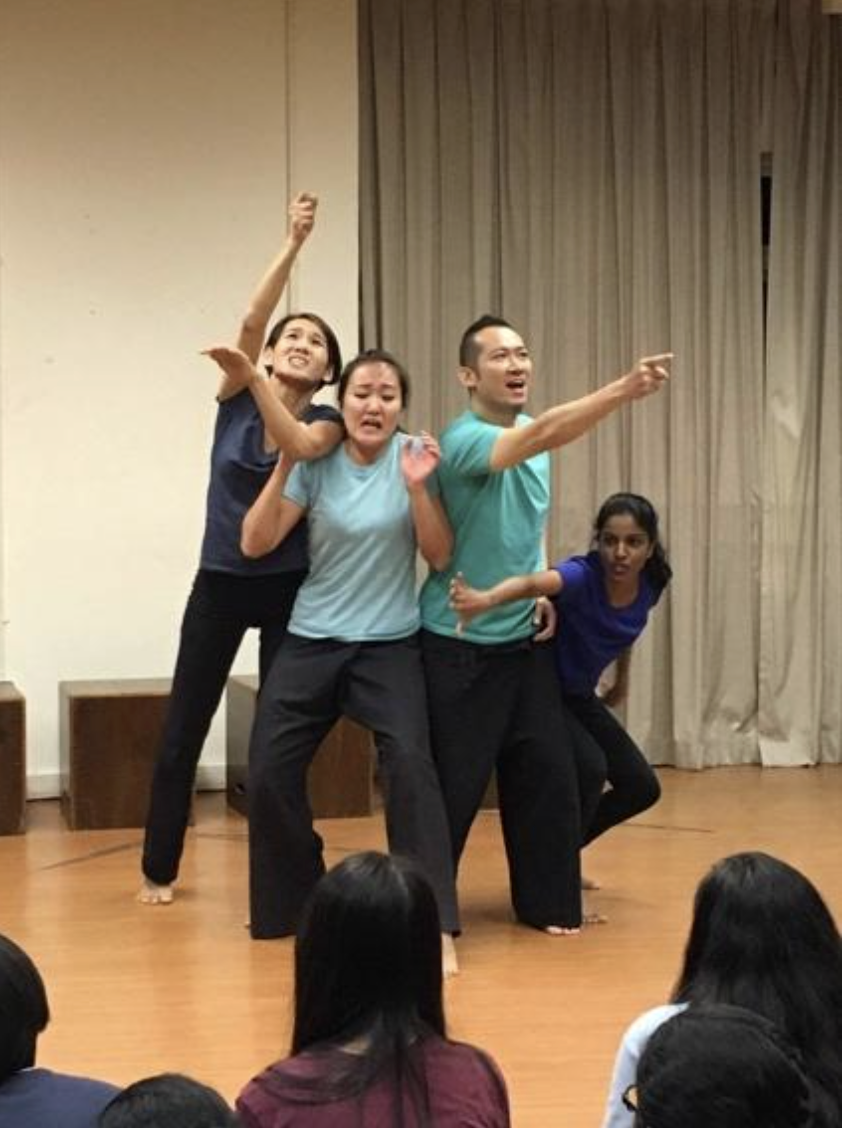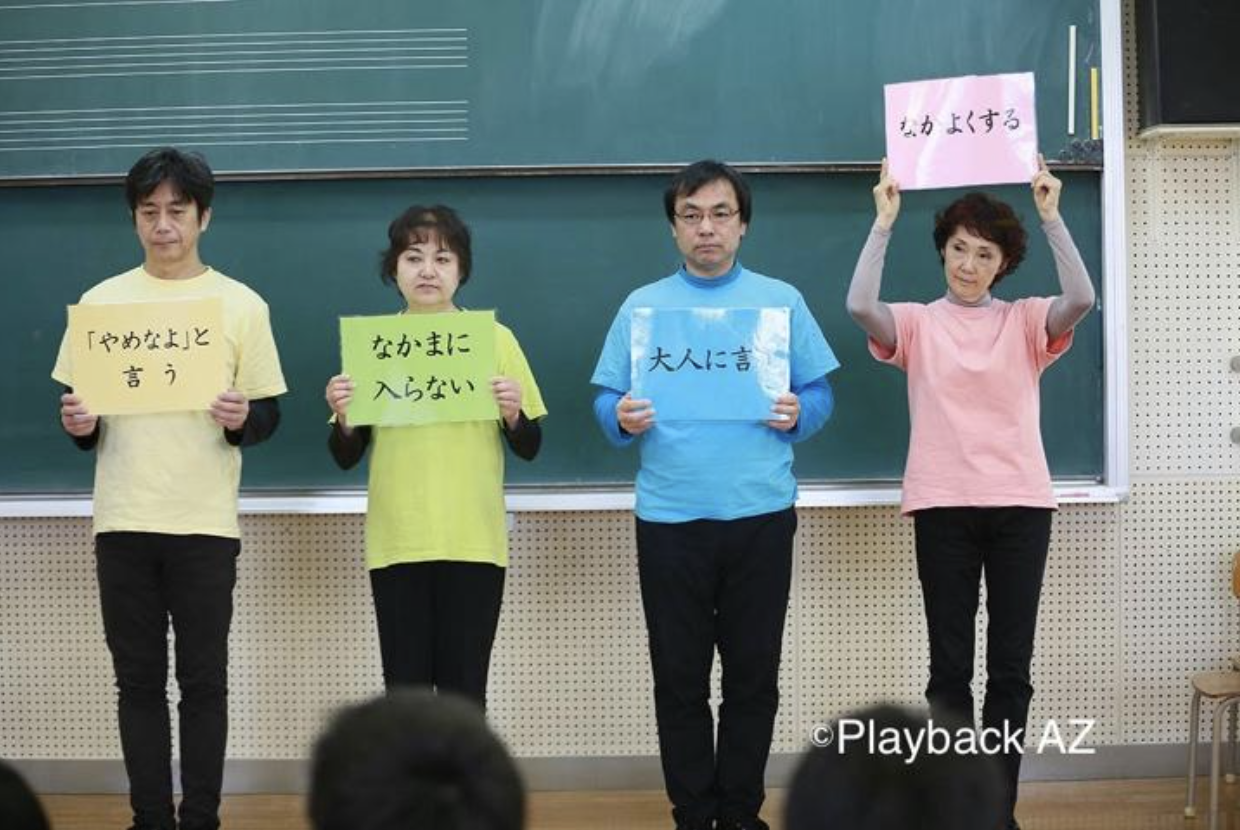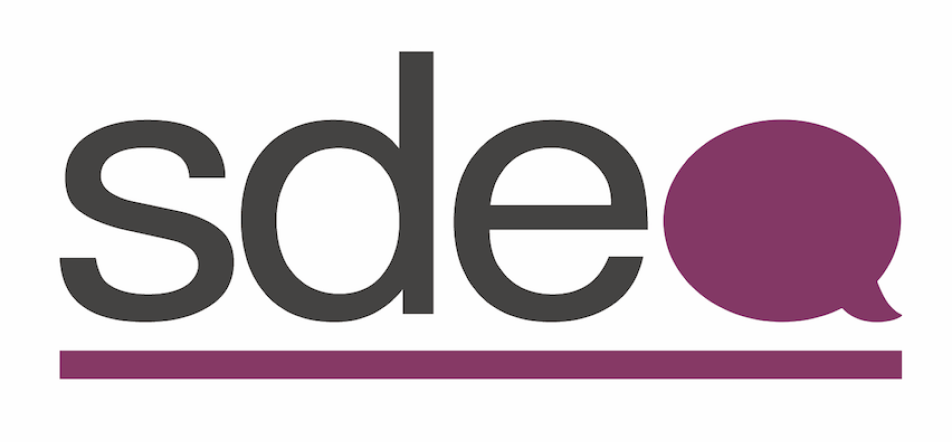Playback Theatre: A Creative Approach to Address Bullying in Singapore Schools
by Michael Cheng
Bullying in Singapore Schools
In recent months, a series of viral videos circulating on social media have thrust incidents of bullying into the limelight and despite the recency of these tools of distribution, bullying has always been a persistent issue in our schools. A 2007 study (Koh & Tan, 2008) found that 1 in 5 primary school students had experienced bullying, while a more recent study by the Singapore Children’s Society found an increased incidence of 1 in 4 (Channel NewsAsia, 2024).
The issue extends beyond physical aggression, encompassing verbal, social, and cyberbullying, all of which can have long-lasting effects on children’s self-esteem and mental health. While local schools have implemented various programs to tackle bullying, innovative and interactive approaches like Playback Theatre can complement these efforts.
What is Playback Theatre?

Playback Theatre (PT) is an interactive form of theatre where a facilitator helps audience members share personal stories, and actors improvise scenes to "play back" those stories in a respectful and authentic way. As story answers story in a form of community dialogue, those present form a supportive group to hear one another.
Developed in 1975 by Jonathan Fox and Jo Salas in the United States, it has grown into a global movement practiced in over 70 countries. Its authentic and interactive approach to community dialogue has been applied in diverse contexts, including education, mental health, conflict resolution, corporate training, and community-building efforts.
Typically performed to intimate audience sizes of 30 to 100, this format not only affirms and validates the teller’s experience but also promotes empathy and collective understanding within the group. When applied to issues like bullying, PT creates a safe space for both victims and bystanders to reflect on their experiences, recognize the impact of bullying, and explore healthier responses.
PT as an Anti-Bullying intervention – Hudson River Playback Theatre (US)
Hudson River Playback Theatre’s NMB Programme
Hudson River Playback Theatre (HRPT) in the United States was the first company to adapt Playback Theatre for addressing bullying. Their No More Bullying (NMB) Programme, which ran from 1999 to 2019, was designed to raise awareness, encourage empathy, and empower students to take action as bystanders/witnesses. According to Jo Salas (personal communication, November 28, 2024), research shows that students who are neither bullies nor targets—the majority—hold the greatest potential to create a school climate characterized by safety and respect. HRPT directly engaged students by having them share stories of bullying from their lives, which are then enacted by a team of trained performers, sometimes alongside students who've been trained to enact stories for their peers.
This process helps students see the broader impact of bullying and reflect on their roles as either participants, victims, or bystanders. They learn that everyone has a part to play in either perpetuating or stopping bullying.
The co-founder of Playback Theatre, Jo Salas, has written an insightful article about this here: https://playbacktheatrereflects.net/2017/07/24/standing-up-playback-theatre-and-school-bullying-by-jo-salas/
PT as an Anti-Bullying intervention – Playback AZ (Japan)
Playback AZ, based in Yokohama, Japan, has carried out its anti-bullying Playback Theatre programs with strong government backing, visiting over 160 schools to date. The support from the Agency for Cultural Affairs has been key to scaling up the program.

Playback AZ in an elementary school in Japan
Their program also aims to empower children to act as allies rather than bystanders in bullying situations. Like HRPT, Playback Theatre AZ focuses on encouraging empathy and positive intervention by having students recount real-life incidents of bullying, which the actors then play back. This is also followed by guided role-playing, where the students practice responses, such as refusing to participate in bullying, informing trusted adults, or supporting victims directly and intervening. This approach helps them internalize empathy, understand the impact of bullying, and adopt positive behaviors.
Adapting Playback Theatre for Anti-Bullying in Singapore
There is great potential in learning from these examples and implementing Playback Theatre performance workshops as an anti-bullying tool, given Singapore’s commitment to the well-being of our students. The form can also address some of the unique challenges in Singapore, such as the intense academic pressures that sometimes exacerbate social tensions among students.
The interactive nature of Playback Theatre helps students break down the "us vs. them" mentality, fostering a sense of shared responsibility for creating a supportive school environment. The examples above have been particularly effective, tapping into students’ emotions and encouraging them to make personal commitments to intervene in situations of bullying.
However, there are several factors to consider:
- School Resources and Funding: For PT programs to be sustainable in Singapore, government or school funding is necessary to provide trained facilitators and support the logistics of running the programmes across multiple schools. Current funding models may not quite support Playback Theatre work, especially considering that effective performance-workshops cater to smaller numbers of students at a time, as compared to current arts performances provided by vendors.
- Capacity Building: Playback Theatre is a very specific and niche form of applied theatre that is currently practiced by a small community here. The pool of experienced and trained facilitators and actors is limited, made up of freelancers and part-timers. Implementing such a programme will probably need coordination in good time.
- Adaptation: HRPT’s and Playback AZ’s models seem more suited to primary school students. For secondary students, Playback Theatre can be combined with other applied drama activities for greater impact. Nonetheless, pilot tests should be conducted with different profiles of students for better design and impact.
It is also crucial to ensure that PT sessions are not perceived as one-off activities but are integrated into the broader school culture. Schools may also need to balance academic priorities with the time required for such programs. Additionally, scaling up will require a pool of skilled practitioners who are well-versed in both Playback Theatre as an applied theatre format and the local educational context.
By addressing these challenges and building a strong network of support, Playback Theatre can become a powerful tool in Singapore’s fight against bullying, promoting empathy, inclusion, and proactive intervention among students.
Written by Michael Cheng, Applied Drama Practitioner and Educator



